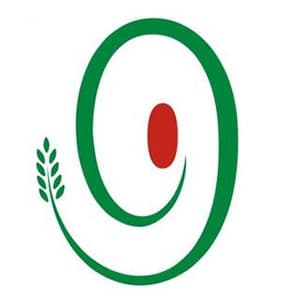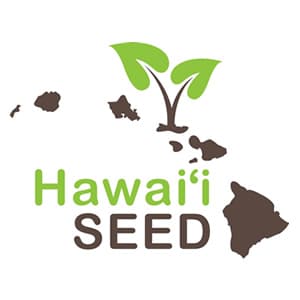photo courtesy Pesticide Action Network
The promotion and use of genetically engineered crops has resulted in unprecedented corporate ownership of agricultural systems, with seeds increasingly controlled by multinational corporations and lost from the hands of farmers and indigenous people, who have saved and improved seeds for food for millennia. The genetic engineering of plants and animals looms as one of the most difficult food safety, ecological, and sovereignty challenges of the 21st century.
Genetic engineering (GE) or genetically modified organisms (GMOs) describe plants or animals that are created when DNA is taken from one organism and permanently inserted into the genetic code of another. The resulting organisms would never have been found in nature, yet are being released across the countryside and in our food supply. In the U.S., more than 80% of corn, more than 90% of soybeans and more than 80% of cotton grown are GMOs. The U.S. has yet to create policy to specifically deal with the specific biological, health, economic, sovereignty, and food safety threats posed by GMOs.
While GE crops are promoted by the corporations that sell them as tools for farmers to reduce pesticide use and feed the world, these claims have proven false. Scientific research reveals tremendous risk to the environment and health, despite their approval by government. Research shows increased, rather than decreased, pesticide use with GE crops, as well as a significant increase in “superweeds” and “superbugs” since the release of GE crops in the United States. Finally, studies consistently reveal that the main benefactors of GMOs are the multinational seed corporations that hold their patents. These corporations regularly sue farmers in attempts to ensure control of seeds.
Resources for more information:
- GMO purple tomato takes centre stage in deregulation push – GMWatch
- Jennifer Kahn’s ‘love GMOs’ NYT article is propaganda, not journalism – U.S. Right To Know (USRTK)
- Cornell Alliance for Science is a PR Campaign for the Agrichemical Industry, – U.S. Right to Know: "Despite its academic-sounding name and affiliation with an Ivy League institution, the Cornell Alliance for Science is a public relations campaign funded by the Bill & Melinda Gates Foundation to promote GMOs and pesticides. The evidence described in this fact sheet suggests the group is using Cornell’s name, reputation and authority to promote misleading, inaccurate messaging and to advance the political agenda of the world’s largest chemical and seed corporations.
- The Bad Seeds: The Broken Promises of Agricultural Biotechnology, a report on how farmers face higher seed costs with GMOs, on weed resistance and increased pesticide use due to GMO use.
- Seed Giants versus U.S. Farmers, a report that records the relationship between U.S. farmers and the world’s largest agrichemical companies, who together form a seed oligarchy.
- Monsanto’s Superweeds and Superbugs, a description of the increasing epidemic of resistance to pesticides.
- No Scientific Consensus on GMO Safety. A joint statement by over 300 independent researchers concluding that the scarcity and contradictory nature of the evidence published to date prevents conclusive claims of GMOs. Claims of consensus on the safety of GMOs are not supported by an objective analysis of the refereed literature.
- Organic versus GMO Diet for Dairy Cows. CERES 2014 Final Report by Ebru Selin Selen, Porter Lab



